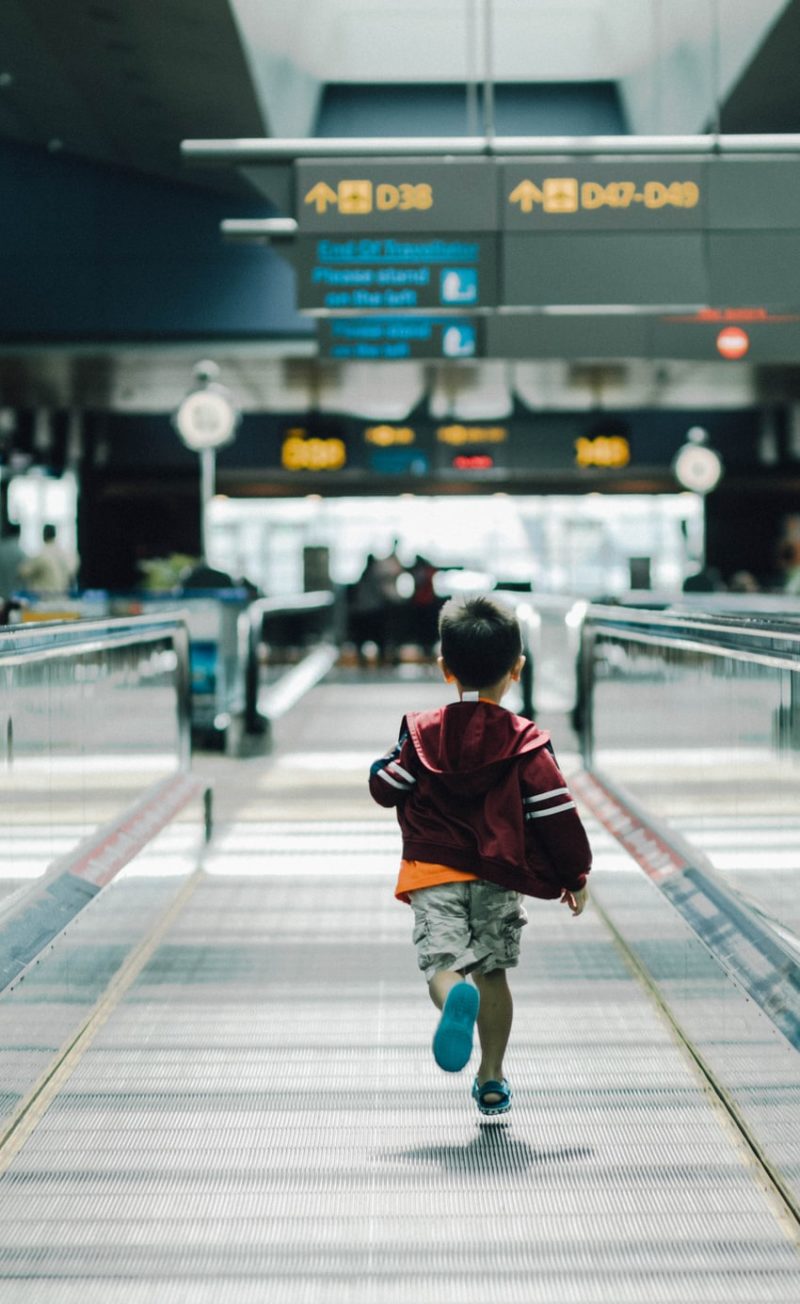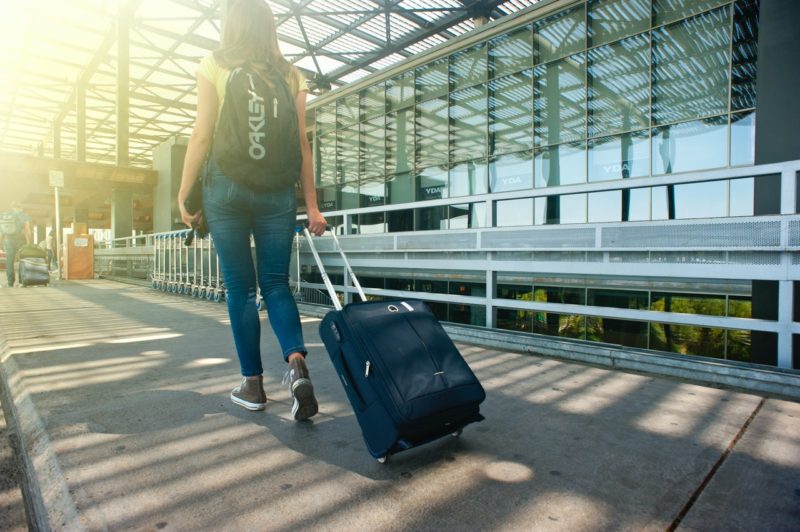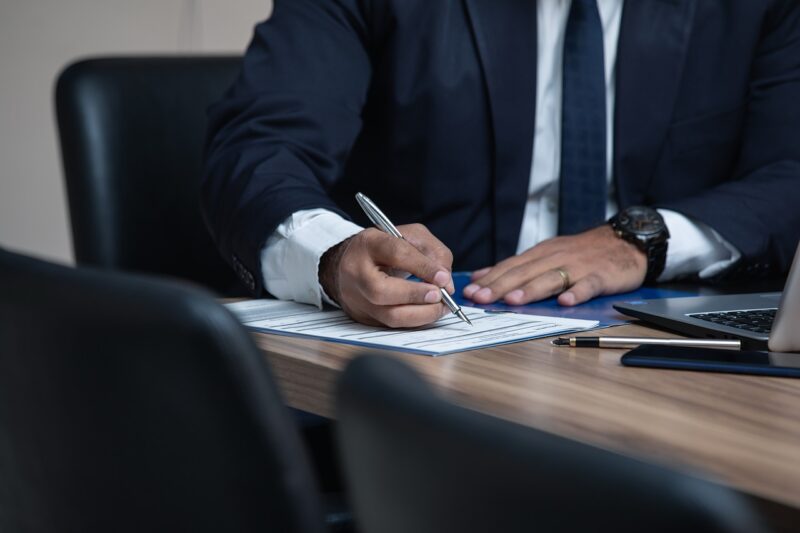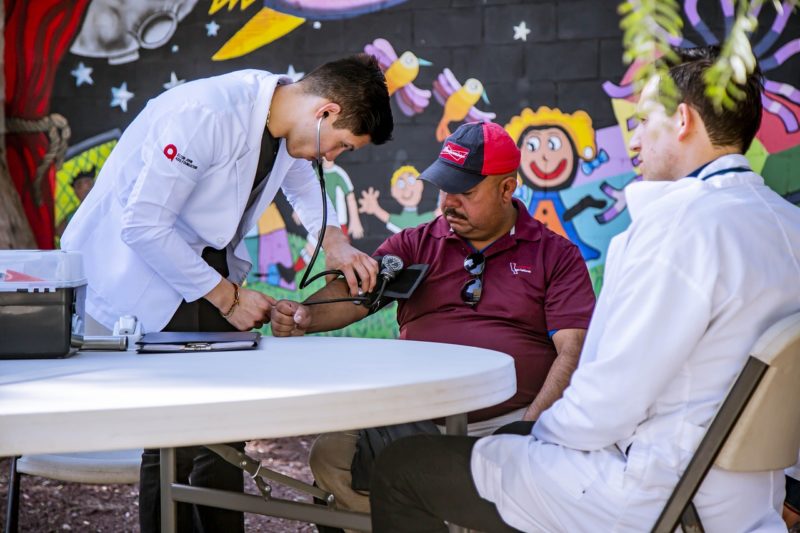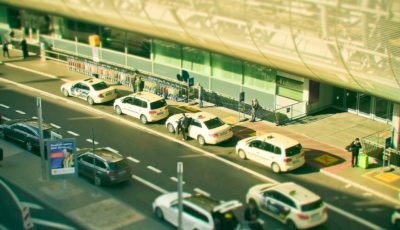Airline Aches: What to Do If You’re Injured at the Airport
Traveling can be a stressful event, but experiencing an injury while at the airport can be overwhelming and scary. Whether it’s a slip and fall, a collision with an object, or something else entirely, an injury can disrupt or ruin your travel plans. Knowing what to do in the event of an injury can help expedite your recovery, prevent further damage, and protect your legal rights. Read on to learn what you need to do if you’re injured while at the airport.
Seek Medical Attention
Your health and safety should always be your top priority. If you’ve been injured, seek medical attention right away. Airport officials and medical staff are trained to handle emergency situations and can provide immediate assistance. It’s important to get a medical evaluation to document your injuries and start treatment. Even if you feel okay, some injuries may not be apparent until later on.
Common types of airport-related injuries include slips and falls, trips and falls, contact with objects such as wheelchairs or baggage carts, sprains and strains due to overexertion, being hit by another traveler’s luggage, or being injured in an accident involving an aircraft.
In more serious cases, travelers can suffer from head, neck, and back injuries due to a collision or fall from a height. Some travelers may even sustain broken bones or other severe injuries due to such incidents. No matter the type of injury, it’s important for airport personnel and travelers alike to remain alert in order to prevent accidents and potential injury.
Report the Incident
After seeking medical attention, report the incident to the airport authorities. They will have an incident report form for you to fill out. It’s crucial to document the incident to establish a timeline of events and to show that the injury occurred at the airport.
Provide as much detail as possible, including the location of the incident, any witnesses, and any hazards that may have contributed to your injury. Make sure to get a copy of the incident report for your records.
Photograph Evidence
Take pictures of the scene of the incident, including any hazards that caused your injury. This can help to provide evidence of the dangerous situation and the extent of your injury. If applicable, take pictures of your injuries as well. If there were witnesses to the incident, try to get their contact information so that they can provide a statement later.
It is important to make sure that any evidence related to your incident stays safe and secure. This includes taking steps such as ensuring all documents are kept in a safe place, photographs are stored securely on a computer or other device, and witnesses’ contact information is not shared with anyone else.
It can also be helpful to keep a journal of events that occurred leading up to and after the incident, as this may help jog your memory down the road. Making sure that all evidence is collected and stored properly can be invaluable in protecting your legal rights if a lawsuit is necessary.
Contact an Attorney
Depending on the severity of your injury, you may want to consider contacting a personal injury lawyer. An attorney can review your case, provide legal advice, and help you navigate the legal process. They can assess whether you have a valid claim against the airport or another party and help you recover damages for your injuries, medical expenses, and lost wages.
Finding a great personal injury lawyer can be a daunting task, but there are some key steps to take to ensure you find the best representation. The first step is to do your research and ask for referrals from trusted sources such as family, friends, or colleagues who have had similar experiences. Additionally, check online reviews of potential lawyers in your area to get an idea of their reputation and track record.
Once you’ve narrowed down your list of potential lawyers, it’s important to meet with them in person to discuss the particulars of your case and get a feel for their experience and expertise so you can get the most out of your experience.
Follow-Up with Your Medical Treatment
Make sure to follow-up with your medical treatment and document all medical bills related to your injury. Keep a record of all medical appointments, treatments, and follow-up visits. This documentation can help support your personal injury claim and show the extent of your injury.
After any injury, it’s important to take care of yourself. Make sure to follow your doctor’s advice and prescribed medications, rest when you need to, and attend all scheduled appointments for physical therapy or any other recommended treatments.
Additionally, be mindful of the emotional effects of the injury and seek help if needed. Try to focus on activities that bring you joy and comfort such as reading, journaling, or spending time with friends and family. Taking the necessary steps to take care of yourself emotionally and physically post-injury can help ensure a smoother road to recovery.
Keep Track of Your Medical Bills and Other Expenses
As you seek medical treatment and deal with the aftermath of your injury, keep track of any medical bills, transportation costs, and other expenses related to your accident. This information will be important if you decide to pursue legal action, as it can help you calculate your total damages.
Be sure to keep everything in one secure folder or file so that you can easily access it if needed. Additionally, make sure to keep any receipts related to expenses such as transportation costs or medical bills. Staying organized will help you stay on top of all the details of your case and ensure that you have everything needed for a successful claim.
Experiencing an injury while at the airport can be a traumatic event, but knowing what to do in the event of an injury can help you get the care and compensation you need. Remember to seek medical attention, report the incident, document evidence, contact an attorney, and follow-up with medical treatment. Taking these steps can help protect your health and legal rights while recovering from your injury. Safe travels!

